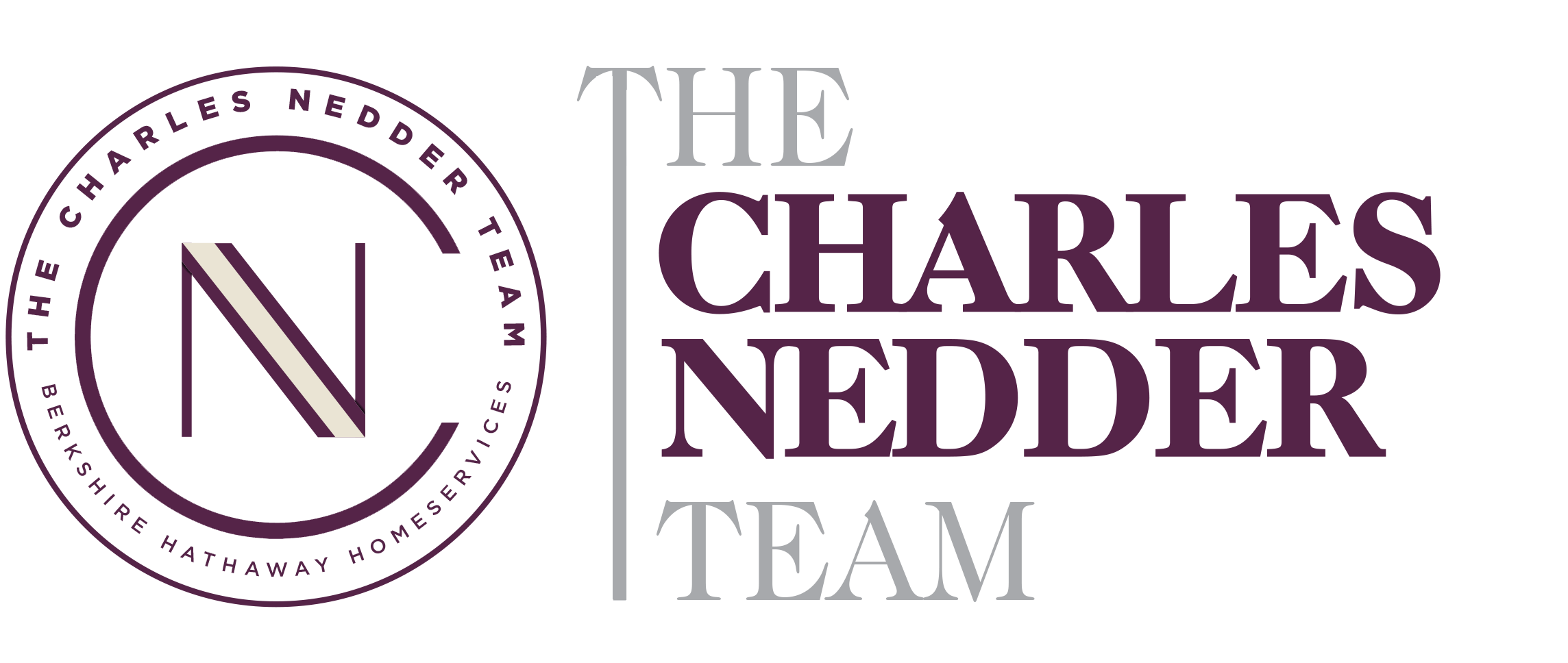Selling Your Home in Connecticut and New York: Essential Info on Closing Costs
.jpg?w=128&h=128)
Charles Nedder
Consistently ranked as a top producer, Charles Nedder is well-resourced, enthusiastic, and devoted to serving the needs of his clients...
Consistently ranked as a top producer, Charles Nedder is well-resourced, enthusiastic, and devoted to serving the needs of his clients...
Selling a home is exciting, but it comes with expenses that can catch you off guard. Imagine this: you’re at the closing table, expecting to walk away with a solid profit, only to see thousands of dollars deducted from your proceeds. That’s the reality of closing costs, and if you don’t prepare for them, they can take a big bite out of your earnings.
In this post, we’ll break down the costs sellers typically pay in New York and Connecticut, why they exist, and how to keep more of your money when selling your home.
What Are Closing Costs?
Closing costs are the final expenses you pay to complete the sale of your home. They cover everything from property transfer taxes to title transfers and legal fees. Typically, sellers in Connecticut and New York pay about 8% to 10% of the home’s sale price in closing costs.
Understanding these costs ahead of time can help you budget properly and avoid last-minute surprises.
The Most Common Closing Costs for Home Sellers
1. Transfer Taxes and Recording Fees
Transfer taxes are state and local fees that apply when legal ownership of your property is transferred to the buyer—and in both New York and Connecticut, they can make a noticeable dent in your net proceeds.
How much do transfer taxes cost?
- New York State: Sellers typically pay a 0.4% real estate transfer tax. In addition, New York City adds its own transfer tax—1% for properties under $500,000 and 1.425% for those over $500,000.
- Mansion Tax (NY): If your home sells for $1 million or more, a mansion tax of 1% to 3.9% may apply, usually paid by the buyer, but it can be negotiated.
- Connecticut: The state real estate conveyance tax is 0.75% to 2.25%, depending on the sale price and whether the property is your primary residence. Some municipalities in CT also impose an additional local tax of up to 1.25%.
Who pays these taxes?
- In New York, the seller typically pays the state transfer tax, though in some transactions (especially new developments), the buyer may agree to take it on. The mansion tax is usually paid by the buyer.
- In Connecticut, the seller pays both the state and local conveyance taxes as part of their closing costs.
- Recording fees—which cover the cost of officially registering the change of ownership—are typically paid by the buyer, but it's important to review your agreement, as some contracts split these costs or assign them differently.
2. Title Insurance (Owner’s Policy)
Title insurance protects buyers from ownership disputes or legal claims on the property. While buyers usually purchase their own policy, many sellers pay for an owner’s title policy as part of the deal.
- Is title insurance mandatory? Not legally, but it’s often a standard part of a home sale in New York.
- Cost: Typically ranges from $500 to $3,500 depending on the home's sale price.
3. Attorney Fees
In New York, you must hire a real estate attorney to finalize the sale.
- Cost: Typically $1,500 to $4,000.
- What do they do?
- Review contracts and closing documents to ensure everything is legally sound.
- Handle the actual closing process to ensure a smooth transfer of ownership.
4. Real Estate Agent Commissions
Real estate commissions remain a key expense for many sellers, but recent changes have made them more flexible and negotiable. Sellers are no longer required to cover the buyer’s agent commission, and all commission agreements must be clearly disclosed and agreed upon upfront.
How Much Do Commissions Cost?
Traditionally, commission rates ranged from 5% to 6% of the sale price. However, with the new rules, commission structures vary more widely and are subject to direct negotiation between sellers, buyers, and agents.
Who Pays the Commission?
- Sellers may still choose to pay the buyer’s agent commission, but it is no longer an industry standard.
- Some buyers may now be responsible for paying their own agent’s commission.
- Listing agents still charge a fee for marketing, negotiations, and transaction management, but the rate is now more customizable.
5. Escrow and Closing Fees
Escrow services handle funds and documents to keep the transaction secure. These fees also cover the final paperwork involved in transferring ownership.
- What do escrow companies do?
- Hold funds in a secure account.
- Ensure all terms of the contract are met before money changes hands.
- How much do these fees cost? Between $500 and $2,000, depending on your location and provider.
6. Prorated Property Taxes
Because property taxes are paid annually, you’ll need to pay your share up until the closing date.
- How is it calculated? The total property tax bill is split based on the number of days you owned the home that year.
- Example: If property taxes are $10,000 per year and you sell halfway through the year, you owe $5,000 in prorated taxes.
7. Homeowners Association (HOA) Fees
If your home is part of an HOA in places like Queens or the Upper East Side, expect additional fees at closing.
- Unpaid dues: Any outstanding HOA fees must be paid before closing.
- Transfer fees: Some HOAs charge $200 to $1,000 just to process the ownership change.
How to Reduce Your Closing Costs
Closing costs can take a sizable chunk out of your home sale profits, but the good news is that there are ways to cut back on these expenses. Whether through negotiation, strategic choices, or finding cost-effective service providers, you have options to keep more money in your pocket. Here are some practical ways to lower your closing costs as a seller.
Ask the Buyer to Cover Some Costs
- In some deals, buyers agree to cover certain closing costs instead of negotiating a lower sale price.
- This works best in a seller’s market, where buyers compete for homes.
Shop Around for Service Providers
- Get multiple quotes for title insurance, escrow services, and attorneys.
- Some companies offer discounts for bundled services.
Preparing for Closing
As you approach the finish line of your home sale, there are still a few final steps to take before closing day. Proper preparation can help avoid last-minute surprises and ensure everything goes smoothly. Here’s what you need to do before handing over the keys.
1. Review the Closing Disclosure Early
- You’ll get a Closing Disclosure a few days before closing that lists all costs.
- Review it carefully to catch any unexpected charges.
2. Finalize Repairs and Paperwork
- Complete any agreed-upon repairs before closing.
Make sure liens, HOA fees, and taxes are paid to avoid delays.
Final Thoughts
Selling a home in Connecticut and New York is more than just finding a buyer. Closing costs can add up, but by knowing what to expect and planning ahead, you can better manage your finances and keep more of your profit.
Thinking about selling your home?
Get in touch. We'll guide you through every step of the process to ensure a smooth transaction that meets your goals.
.png)

.png)
